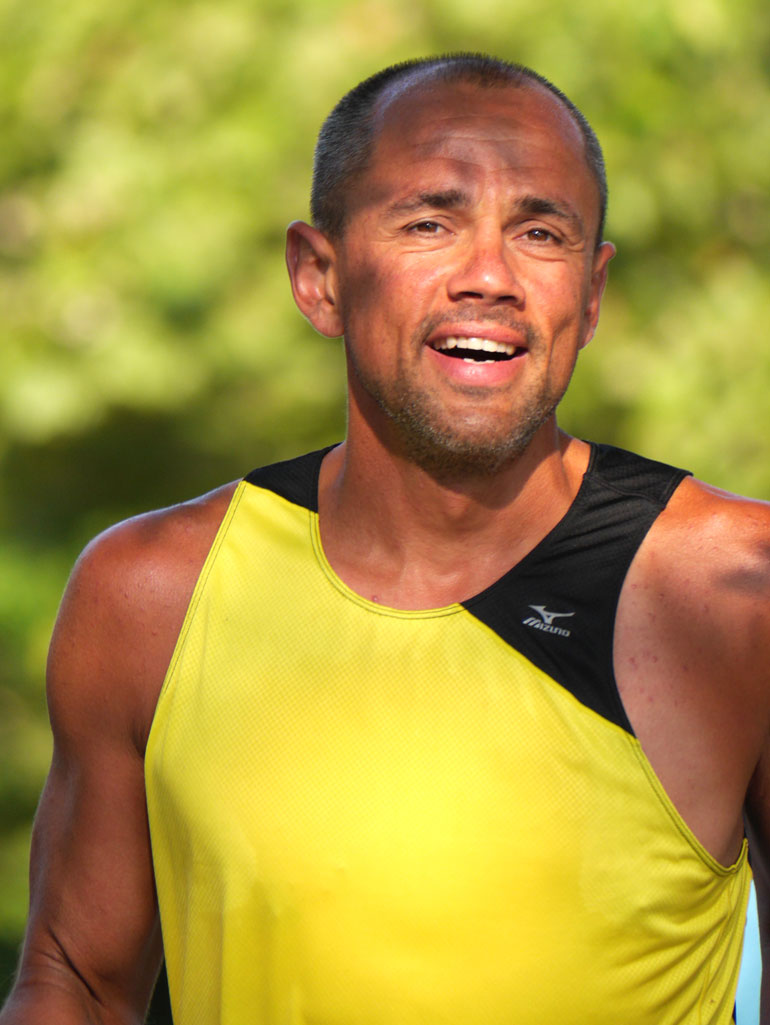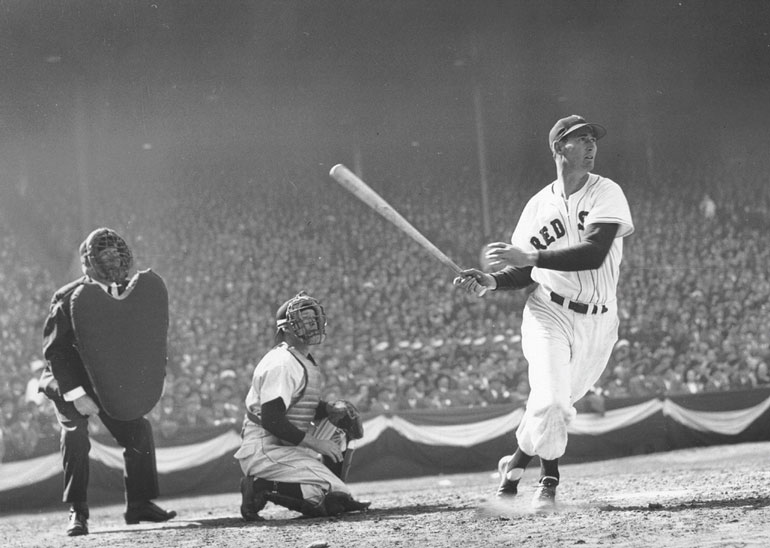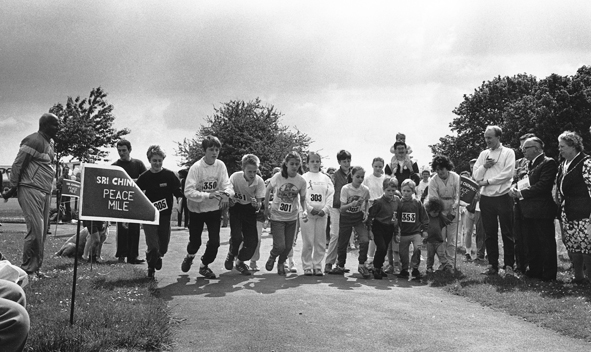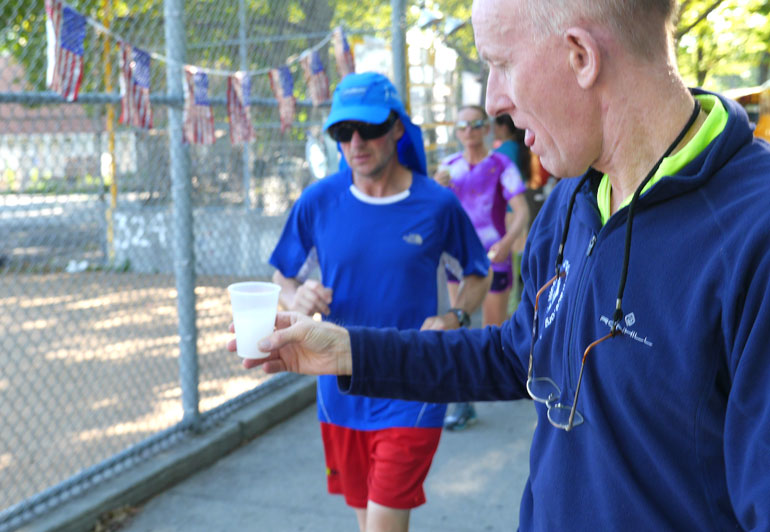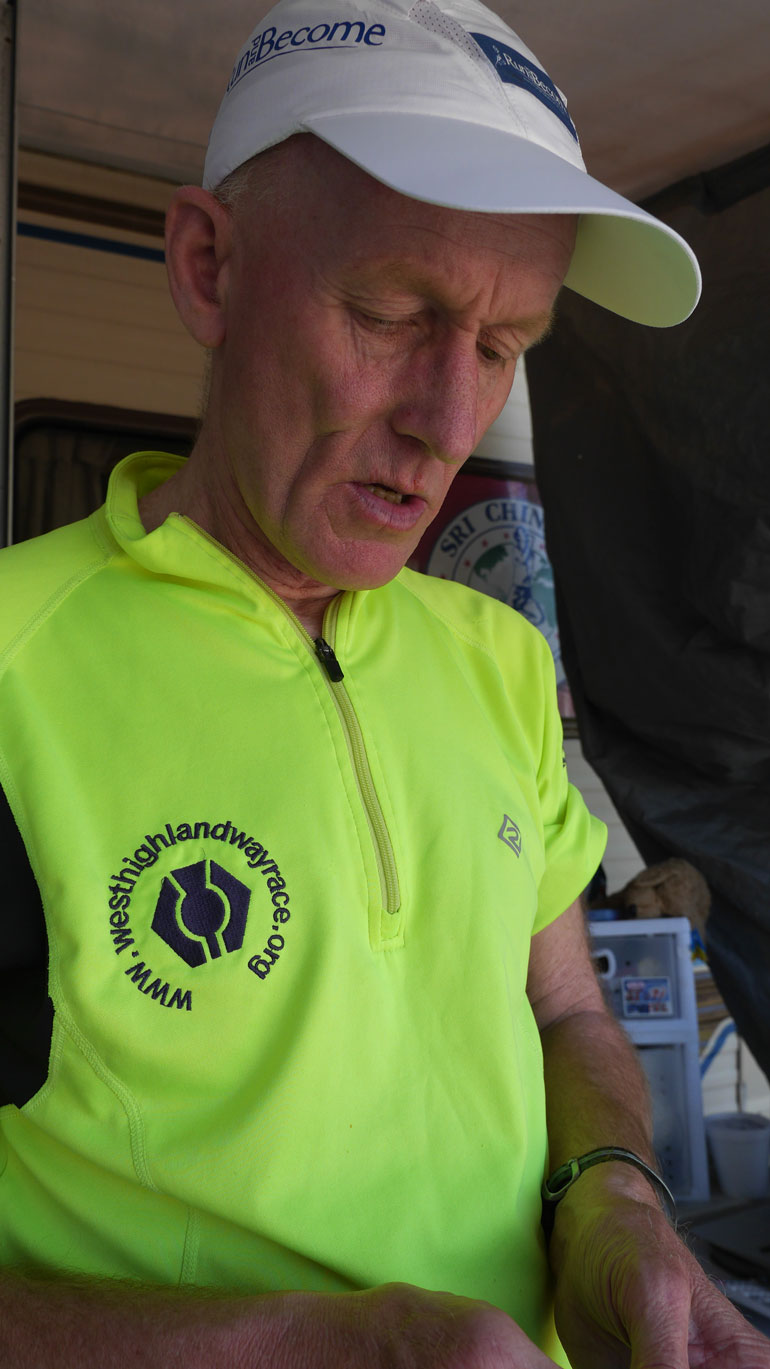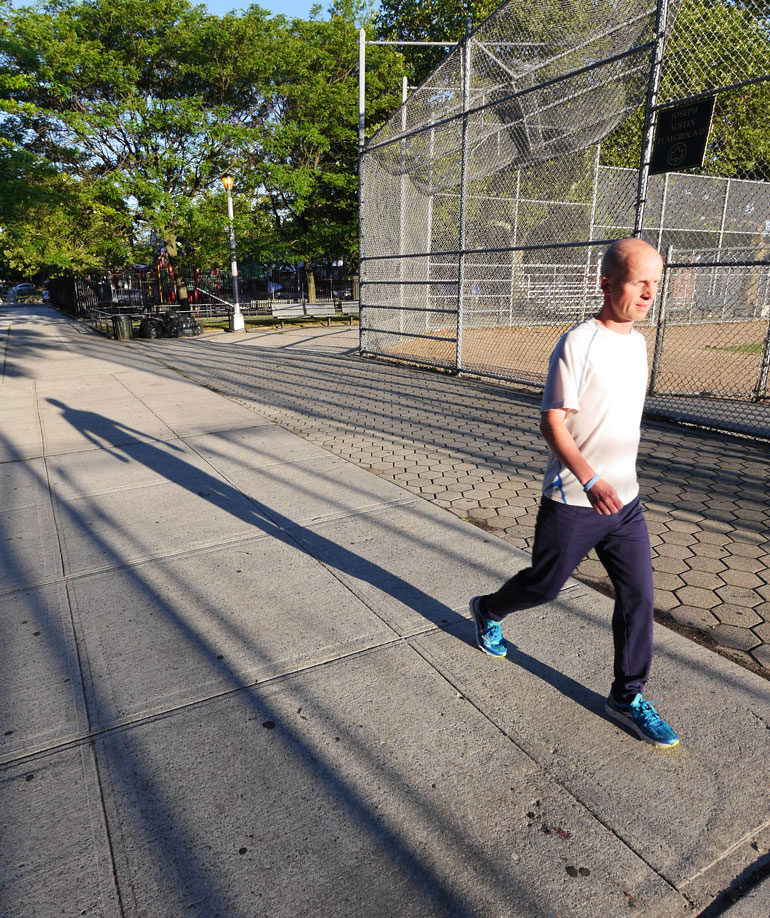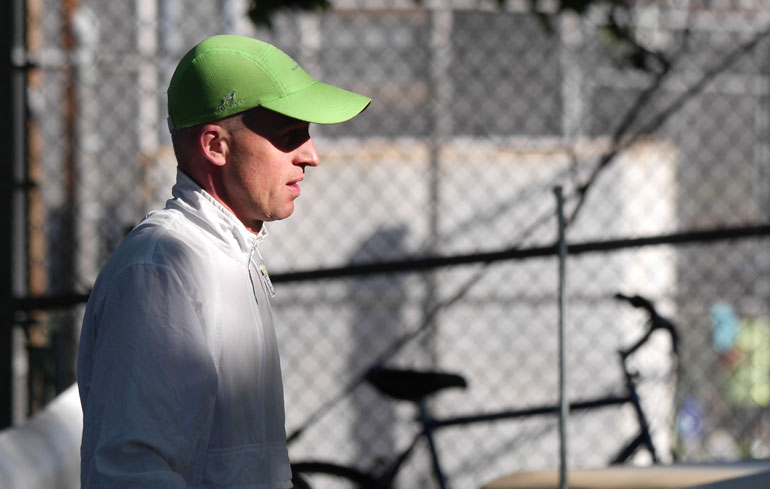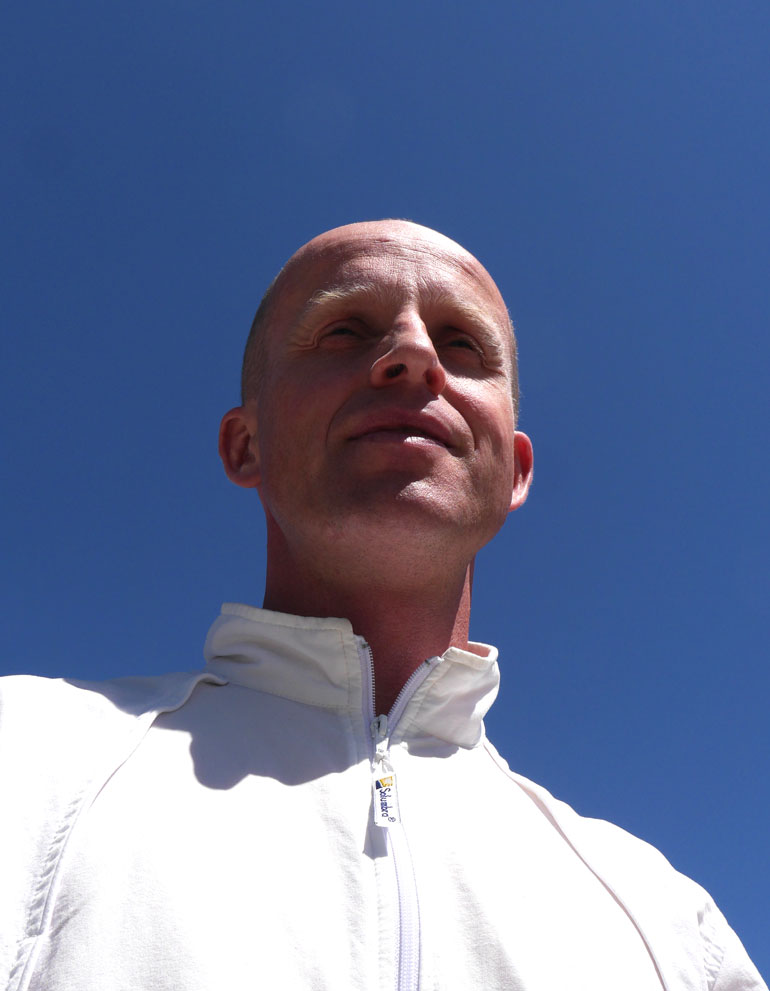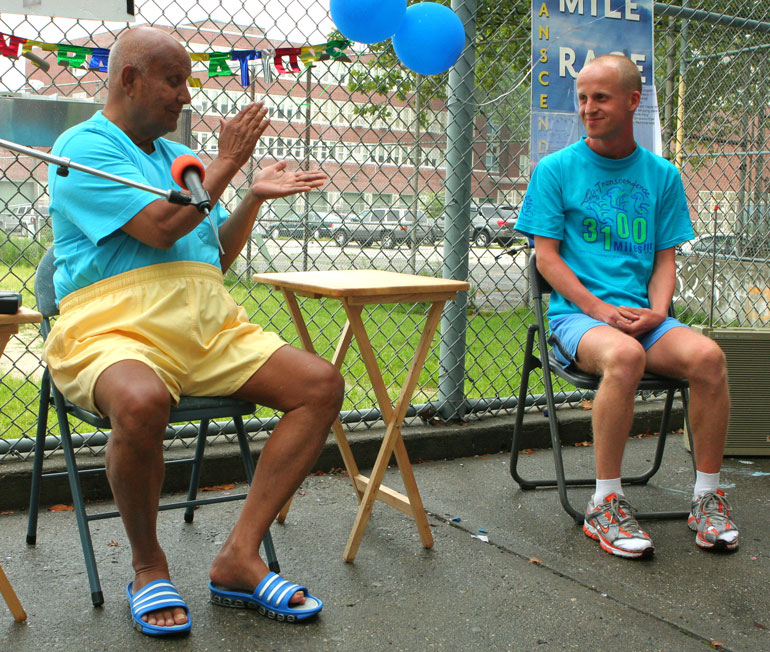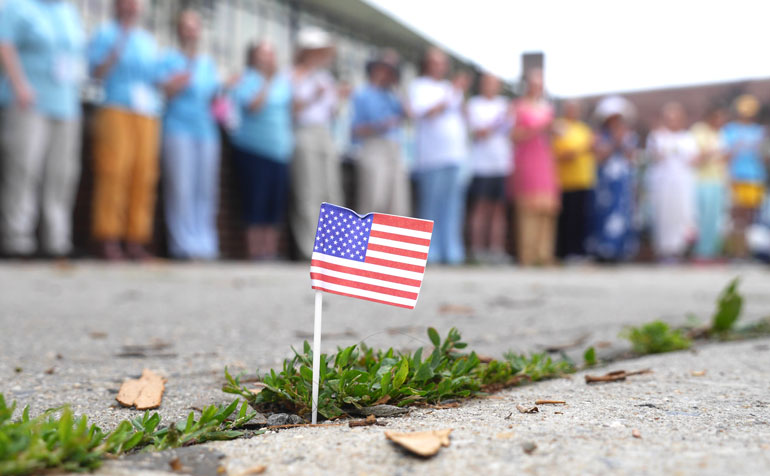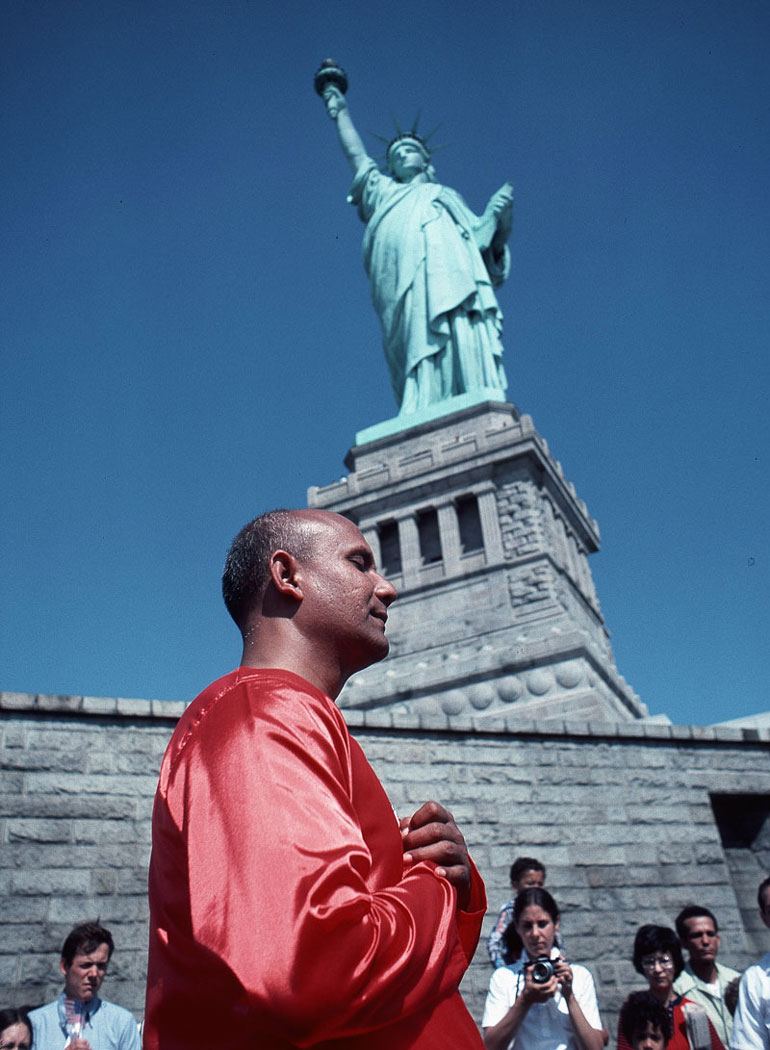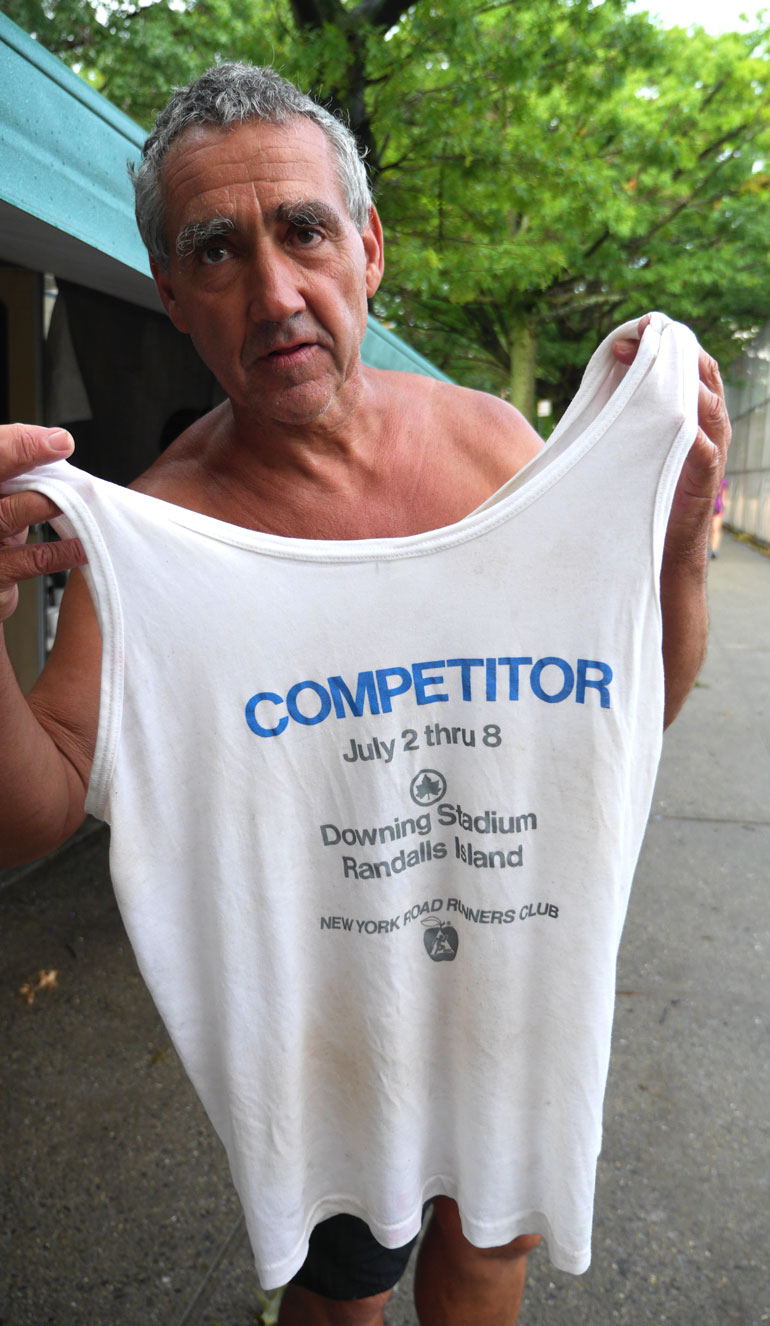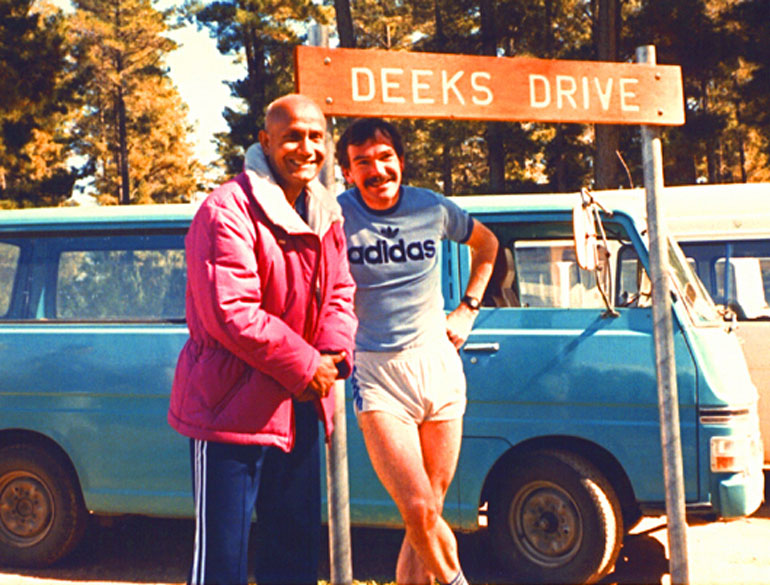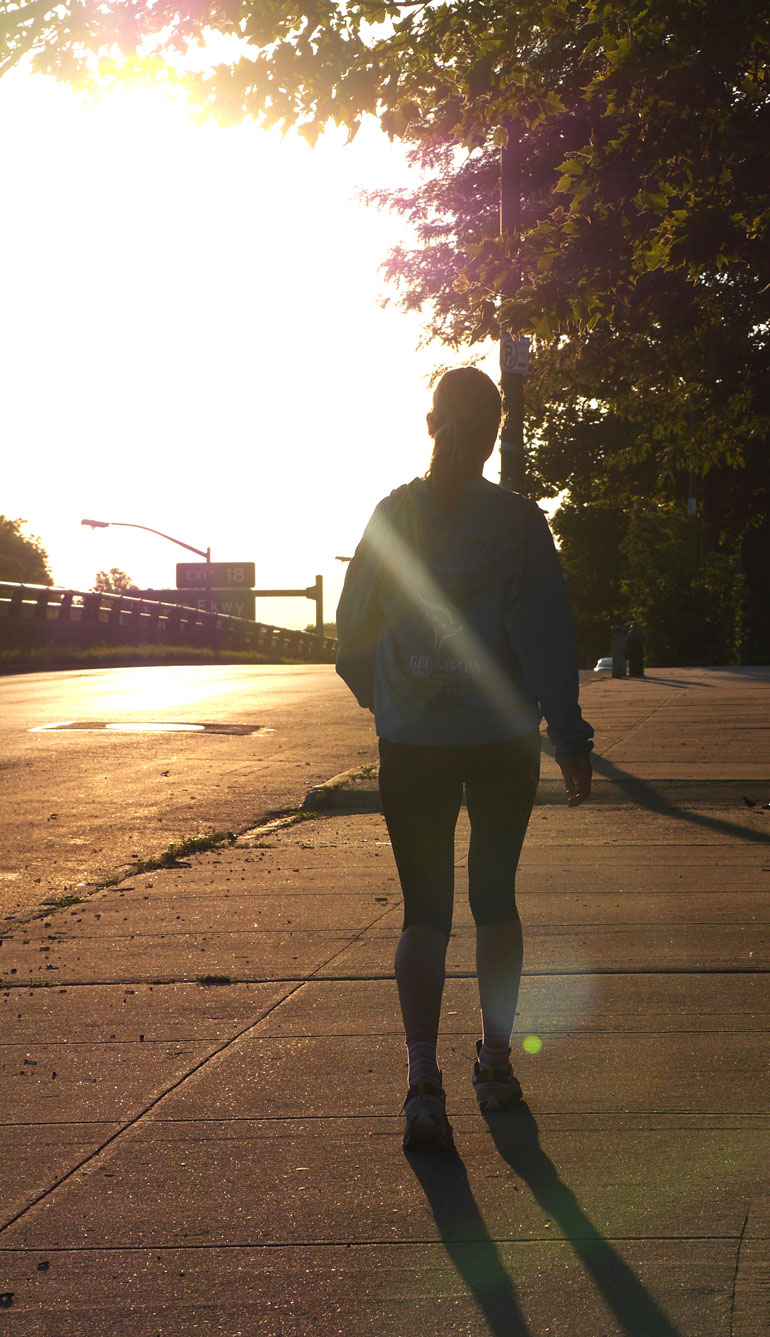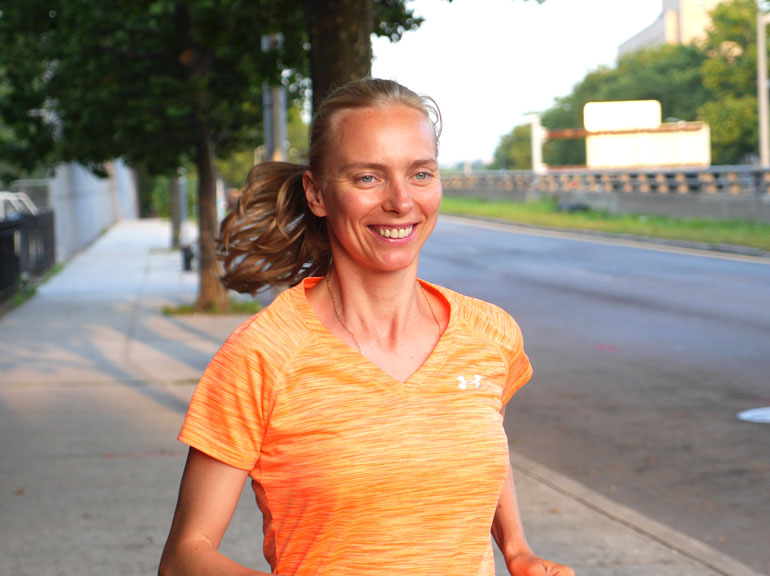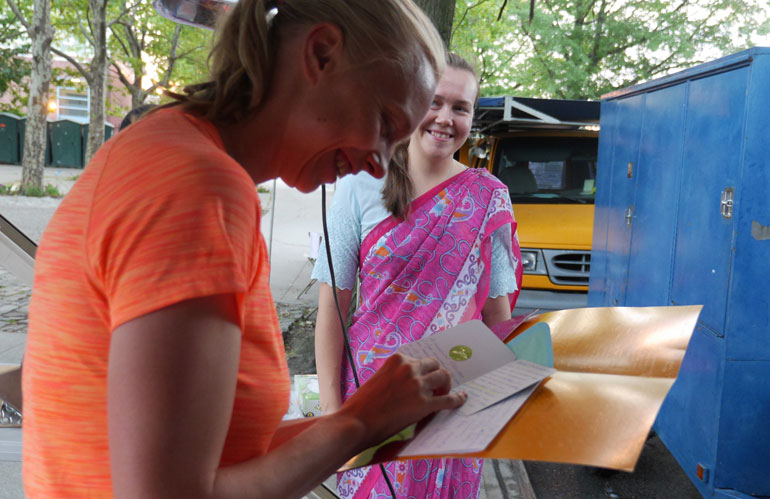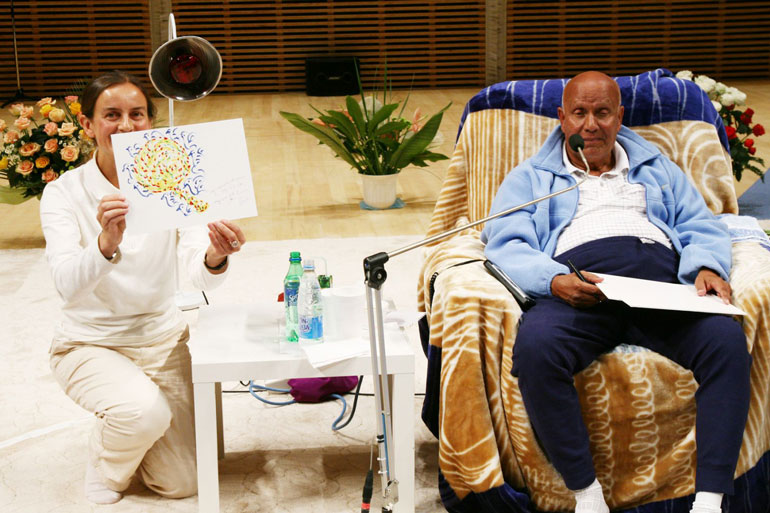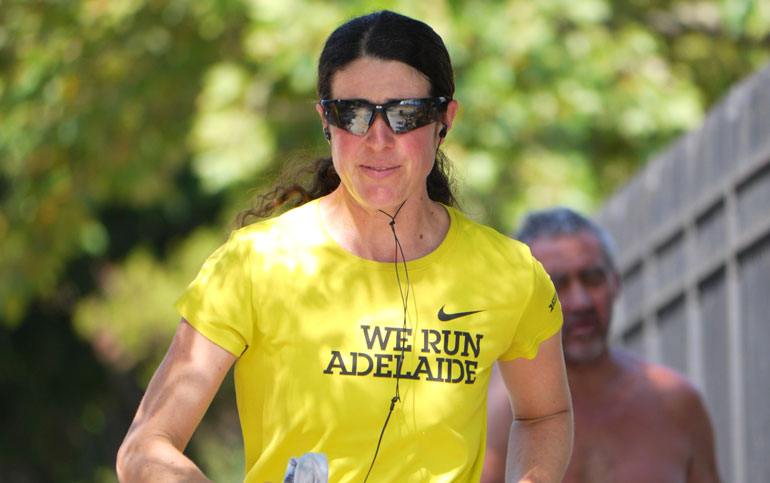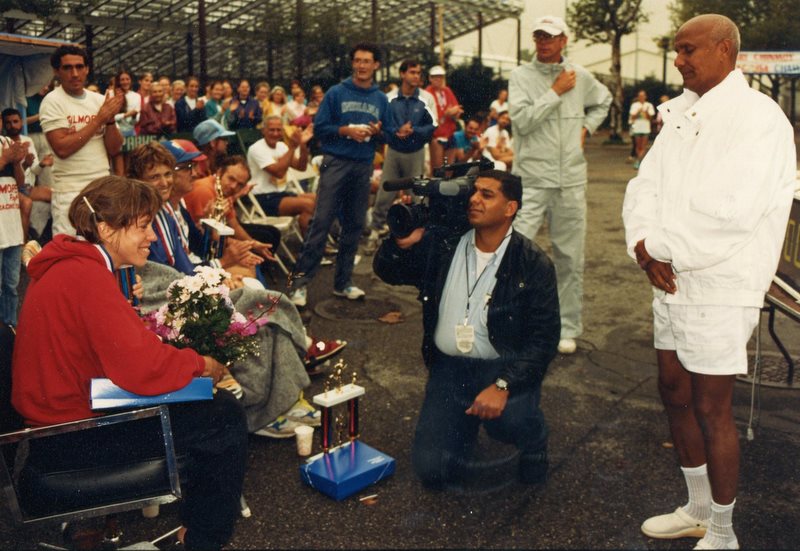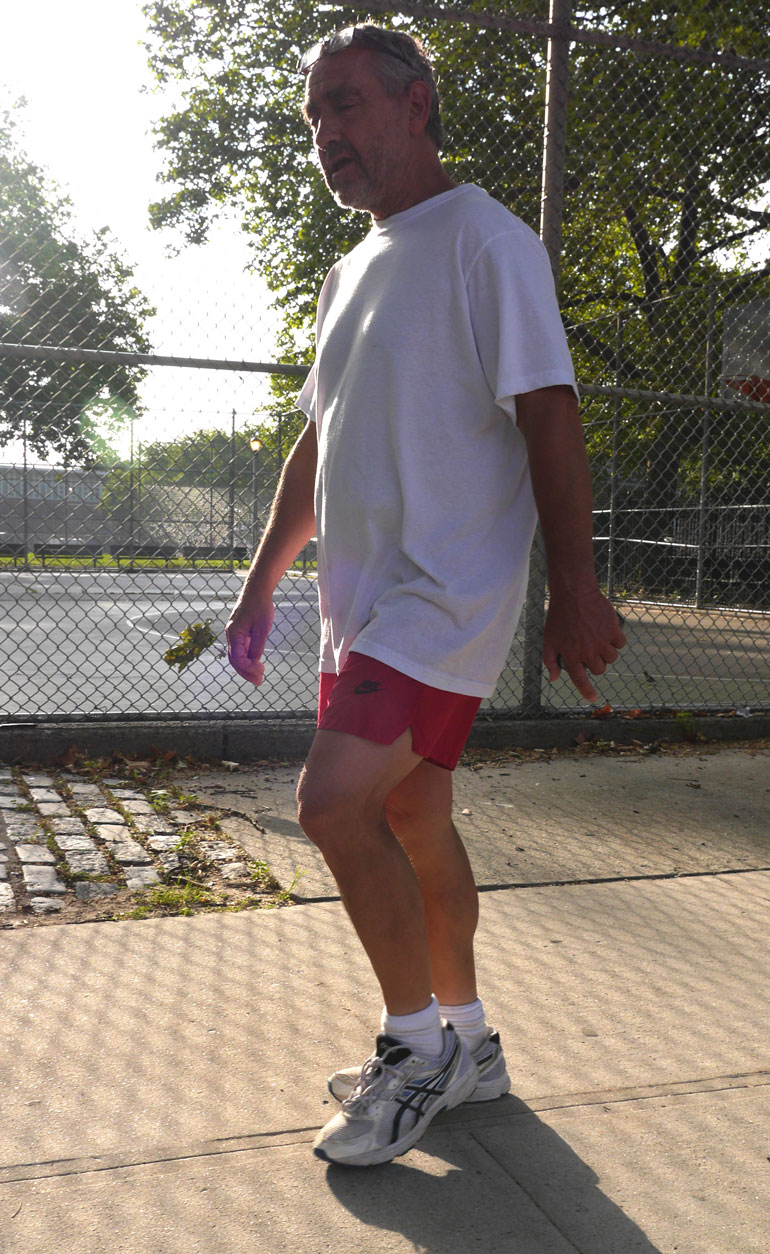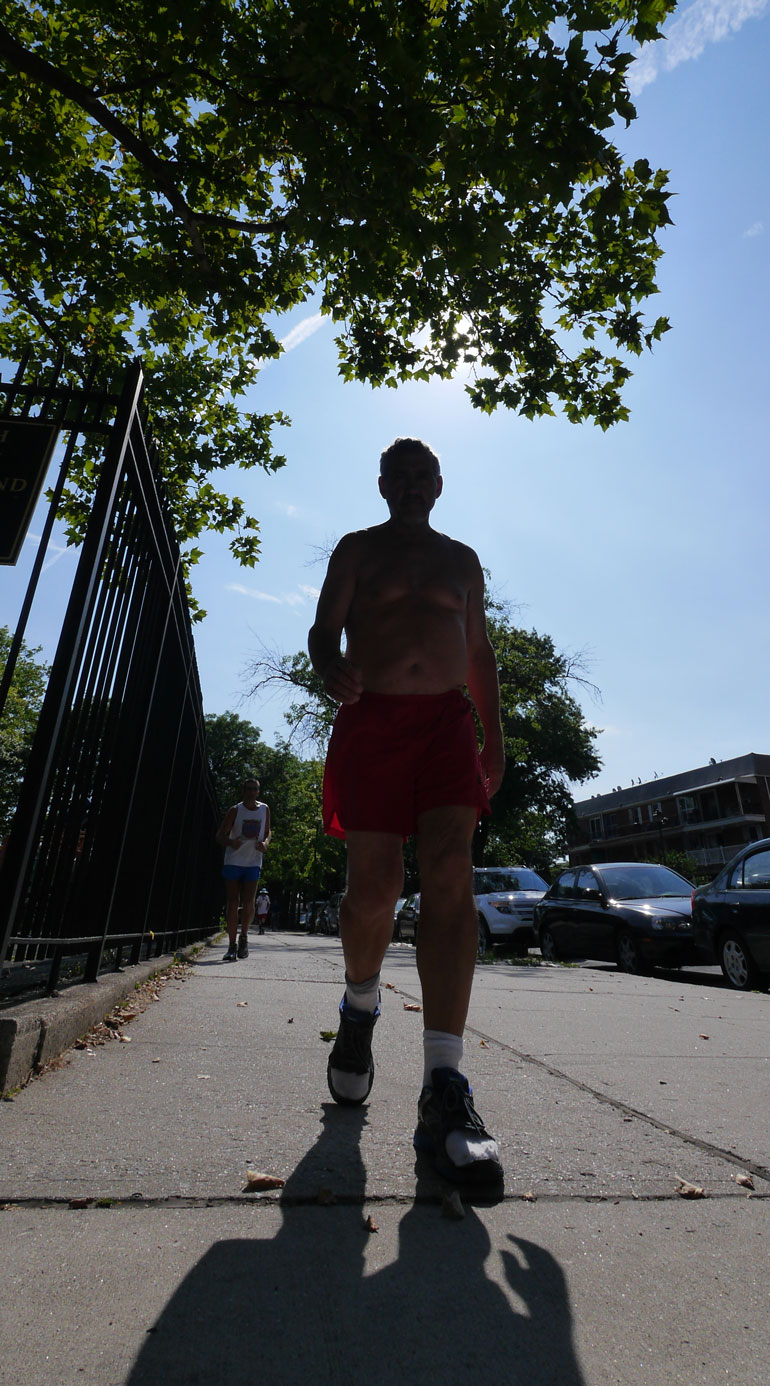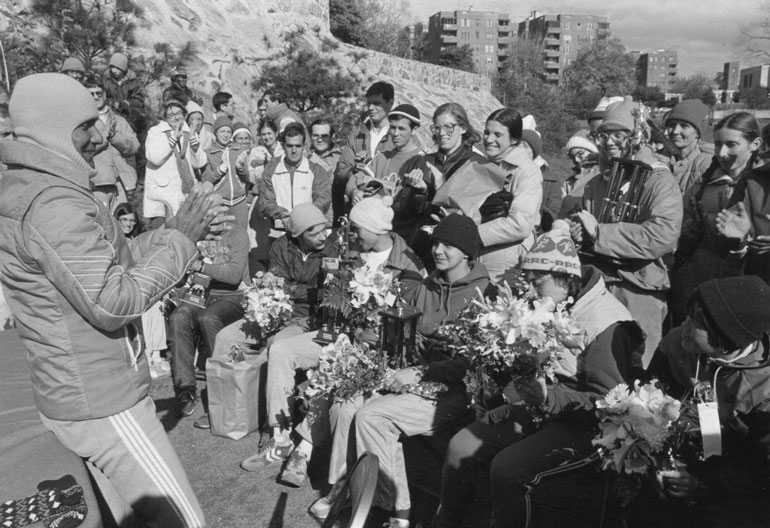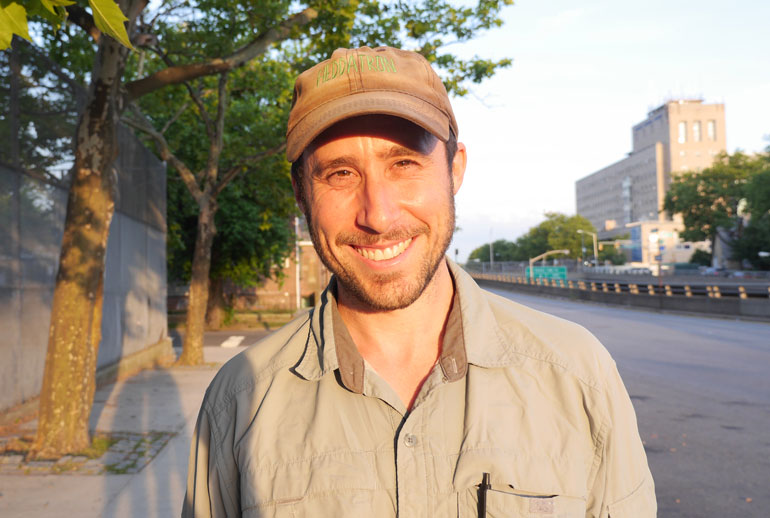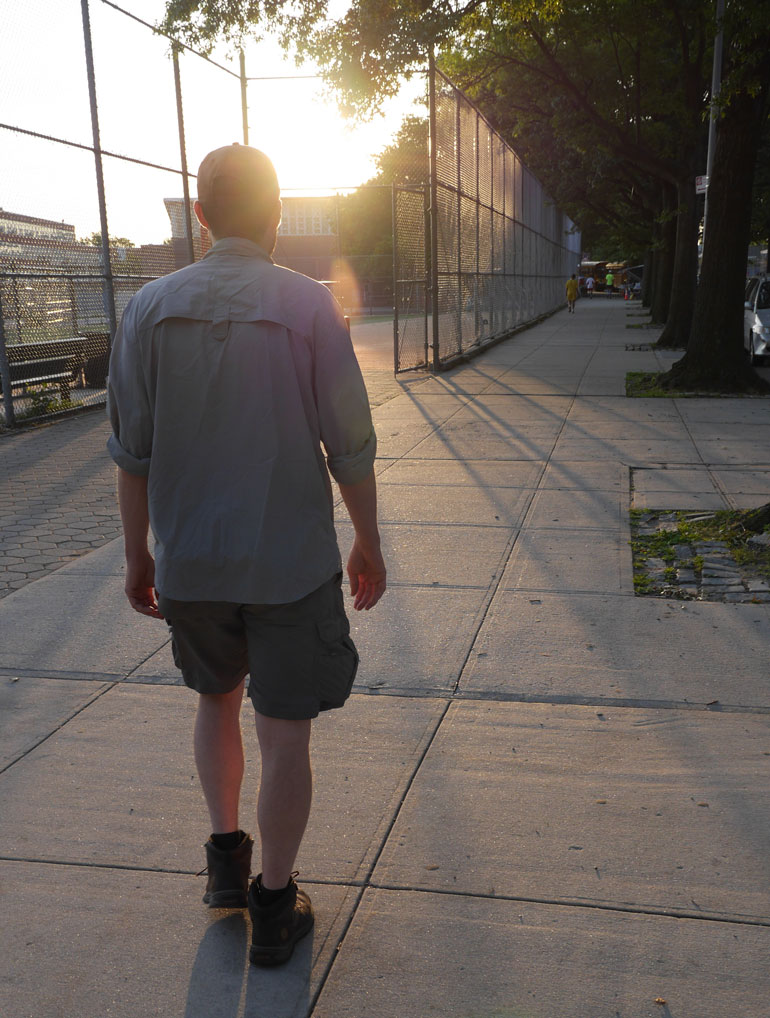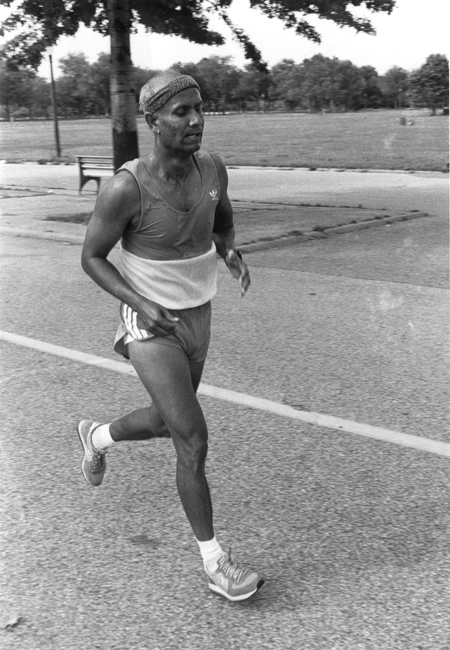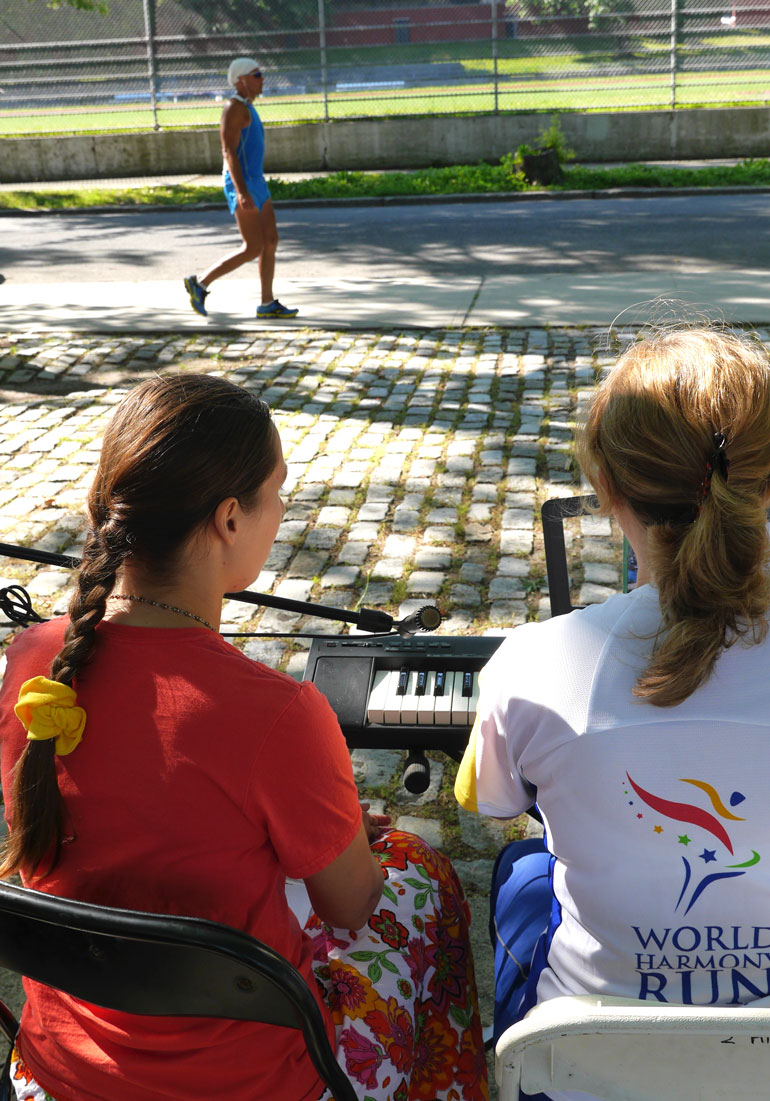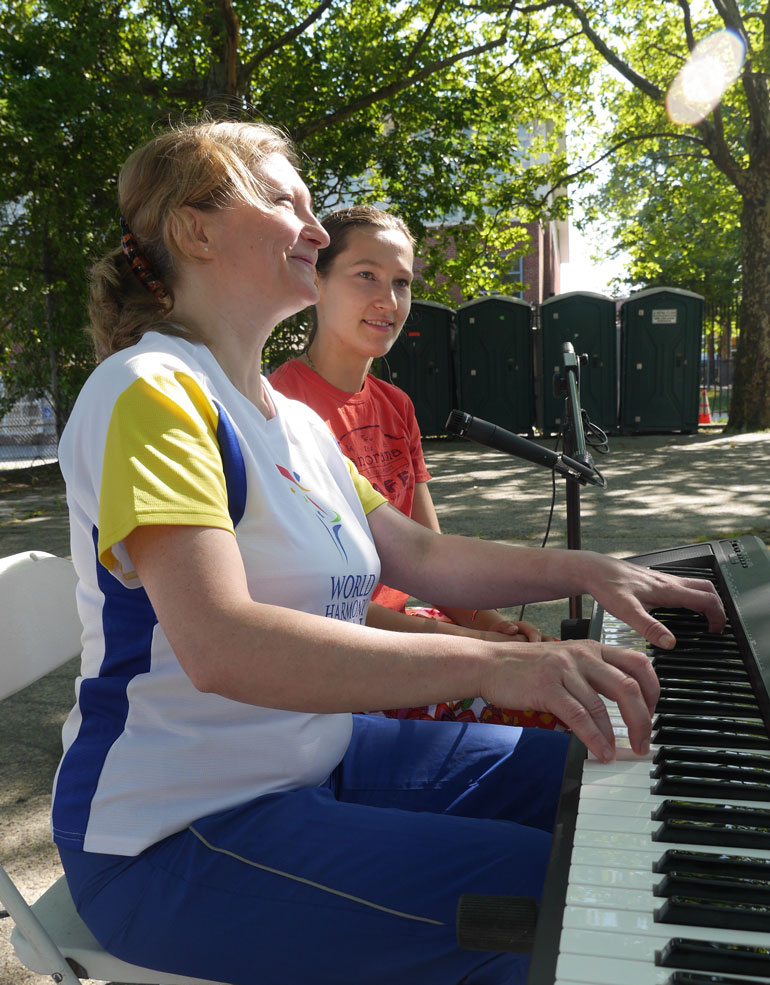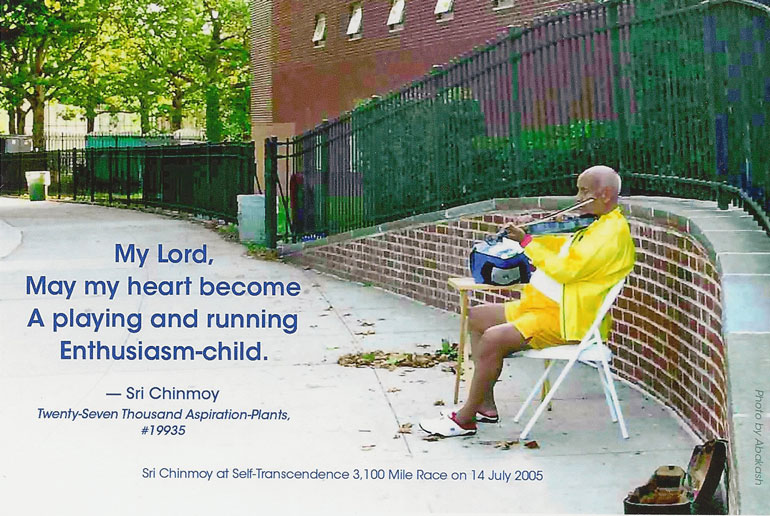There are lots of good reasons why we love to watch and play sports. Humans have been engaging in competition from the moment we could throw a rock or kick a ball. There is a natural instinct in all of us to challenge ourselves to be as good as we can be, and also from an inner view, becoming all that we are within.
Those who we think of as naturally gifted and abundantly talented are admired and often described as being superior athletes. But to excel means mostly that they have practiced and trained and prepared to perform as well as they have.
Sri Chinmoy says.
Why do we watch sports?
To receive inspiration, enthusiasm,
Joy and courage.
Sri Chinmoy, Seventy-Seven Thousand Service-Trees, Part 15, Agni Press, 1999
At this momentous time of year there is an unusual confluence of many of the great sports all happening simultaneously. Football, tennis, cycling, just name it. Even if you are not an enthusiast there is probably some sport, some team, at least one athlete, or competition that will catch your eye sometime this month. It is an extraordinary time to enjoy sports and be inspired by them. To realize even for a moment what our bodies and spirits can individually and collectively accomplish.
Sometimes there are moments in sport that are truly historic. In late September of 1941, Ted Williams was attempting to get his hitting average up to .400 for the entire season. A rare and spectacular thing. Going into his final 2 games, a double header in Philadelphia, his average was .397. A number that would have gotten him .400. Because at the end of the season it would have been averaged upwards. But that was not how he wanted to measure himself.
“If I’m going to be a .400 hitter, I want more than my toenails on the line.”
Before these games he said: “I kept thinking about the thousands of swings I had taken to prepare myself,” Williams said years later. “I had practiced and practiced. I kept saying to myself, ‘You are ready.’ I went to the ballpark the next day more eager to hit than I had ever been.”
In those 2 games he not only played all the innings, but he also managed to hit fairly 6 out of 8 times at bat. This meant he finished the season with an average of .406. Something the then 23 year old ball player, as well as no one else in all of professional baseball, has ever managed to repeat in 73 years.
“It was something that required a kind of nonstop consistency,” Williams said on the 50th anniversary in 1991. “I never thought of it as going 2 for 5 every day, but that’s what it adds up to. I had to maintain my focus throughout. Although I never imagined that all these years later, no one else would do it again.
Long after the World Cup, the tour De France, and Wimbledon have finished 14 runners will be still diligently circling this block in Queens. This morning around 10am one runner, Sarvagata became the first to pass 1550 miles, the momentous half way point. As he came up the course to the scoreboard the picture above was how he looked.
For just a moment he paused. “There are a lot of nice numbers, inspiring. Today 1550 is shining even brighter than 3100. Because now it is there on the wall.” Then he continued on his way to reach a goal still a long long way off.
Question: What is the purpose of competitive sports?
Sri Chinmoy: Our aim is not to become the world’s best athlete. Our aim is to keep the body fit, to develop dynamism and to give the vital innocent joy. In competitive sports, our primary aim should be not to surpass others but constantly to surpass ourselves. In the outer life, when we run with our friends, we are seeing who is actually the best. And we cannot properly evaluate our own capacity unless we have some standard of comparison. But we compete not for the sake of defeating others, but in order to bring forward our own capacity. Our best capacity comes forward only when there are other people around us. They inspire us to bring forward our utmost capacity, and we inspire them to bring forward their utmost capacity. This is why we have competitive sports.
If we can learn to participate in competitive sports devotedly, then we will get real joy and make real spiritual progress. But if we compete egotistically, then we are bound to suffer both inwardly and outwardly. In that case, even if we stand first, we will not obtain blessings from the Supreme, and if we do not stand first we will curse ourselves.
Sri Chinmoy, The Body: Humanity’s Fortress, Agni Press, 1974

